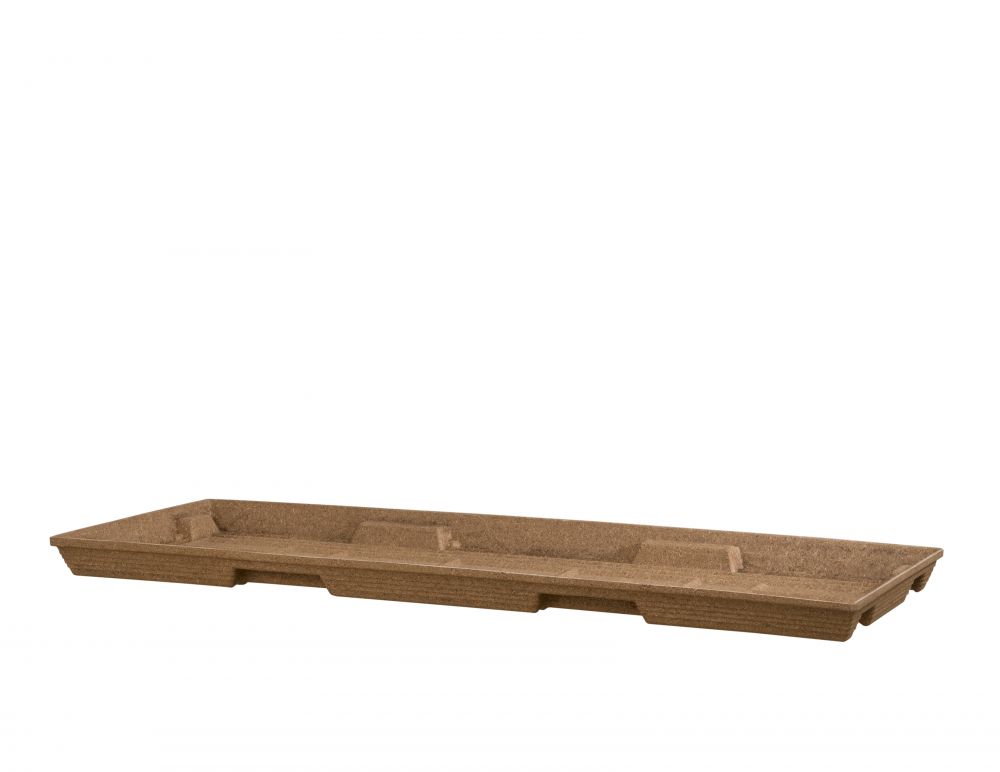Washington becomes first state to legalize human composting
Gov. Jay Inslee signed SB 5001, “concerning human remains,” making Washington the first state in the U.S. to legalize human composting.
The law, which takes effect May 1, 2020, recognizes “natural organic reduction” and alkaline hydrolysis (sometimes called “liquid cremation”) as acceptable means of disposition for human bodies. Until now, Washington code had permitted only burial and cremation.
The bill had passed both legislative chambers with ample, bipartisan majorities: 80-16 in the House and 38-11 in the Senate.
This paves the way for Recompose, a project to build the first urban “organic reduction” funeral home in the country. Washington already has several “green cemeteries,” such as White Eagle Memorial Preserve in Klickitat County, where people can be buried without embalming, caskets or headstones. The Recompose model is more like an urban crematorium (bodies go in, remains come out), but using the slower, less carbon-intensive means of “organic reduction,” or composting.

The process, which involves using wood chips, straw and other materials, takes about four weeks and is related to methods of “livestock composting” that ranchers and farmers have been using for several years. Lynne Carpenter-Boggs, a soil scientist at Washington State University, says that practice can turn a 1,500-pound steer — bones and all — into clean, odorless soil in a matter of months.
Designer Katrina Spade started the endeavor as a nonprofit, called the Urban Death Project, back in 2014. Over the years, Spade has assembled a board of volunteer advisers, including scientists, attorneys and death-care professionals, then converted it to a small-business model called Recompose.
Carpenter-Boggs designed and managed a pilot study of the process in the summer of 2018 with the remains of six terminally ill people who supported the Recompose idea and had donated their remains for that research. The result, she said, was clean, rich, odorless soil that passed all federal and state safety guidelines for potentially hazardous pathogens and pollutants, such as metals.
Nora Menkin, executive director of the People’s Memorial Association, a funeral-home cooperative and consumer advocacy group established as an alternative to higher-priced funeral homes, said around 20 supporters showed up for the signing in Olympia — with six kids (including her own), from 1 to 14 years old.
“Inslee congratulated Katrina pretty effusively,” Menkin said. Menkin has heard of a few people around the country, including in Massachusetts and Michigan, who’ve been following the bill and hope to introduce it to their legislators.
“I think this is great,” said Joshua Slocum, director of the Funeral Consumers Alliance, a national public-advocacy group based in Vermont. “In this country, we have a massively dysfunctional relationship with death, which does not make good principles for public policy. Disposition of the dead, despite our huge emotional associations with it, is not — except in very rare cases — a matter of public health and public safety. It’s a real tough thing for people to get their minds around, and a lot of our state laws stand in the way of people returning to simple, natural, uncomplicated, inexpensive ways of doing things.”
Rob Goff, executive director of the Washington State Funeral Directors Association (WSFDA), said Spade came to their spring meeting to talk about Recompose and faced close questioning from those in the industry. “I think some people were fine with it, others were not so fine with it, but it all boils down to personal choice for the families we’re serving,” Goff said. “People, primarily in Eastern Washington, are interested but not necessarily excited to run out, promote this, and get this product in our market.”
The association, Goff explained, is officially neutral on all means of disposition as long as they’re legal and the licensing requirements offer a level playing field to everyone in the business. “But I will say that people are talking about changing means of disposition all over the country, and we’re excited to be in a state that’s progressively moving forward. There hasn’t been a lot of change in the past 100 years of funeral service. Now we get to be the front-runners.”
Now Recompose has to build its first facility. Spade said she has been looking in Sodo and hopes to have the first one up and running, starting with 20-25 “vessels” for individuals, by late 2020. Recompose has already begun talks with the state Department of Licensing and the Funeral and Cemetery Board.
“I feel so happy,” Spade said. “I can’t believe we’ve come all this way, but here we are.”